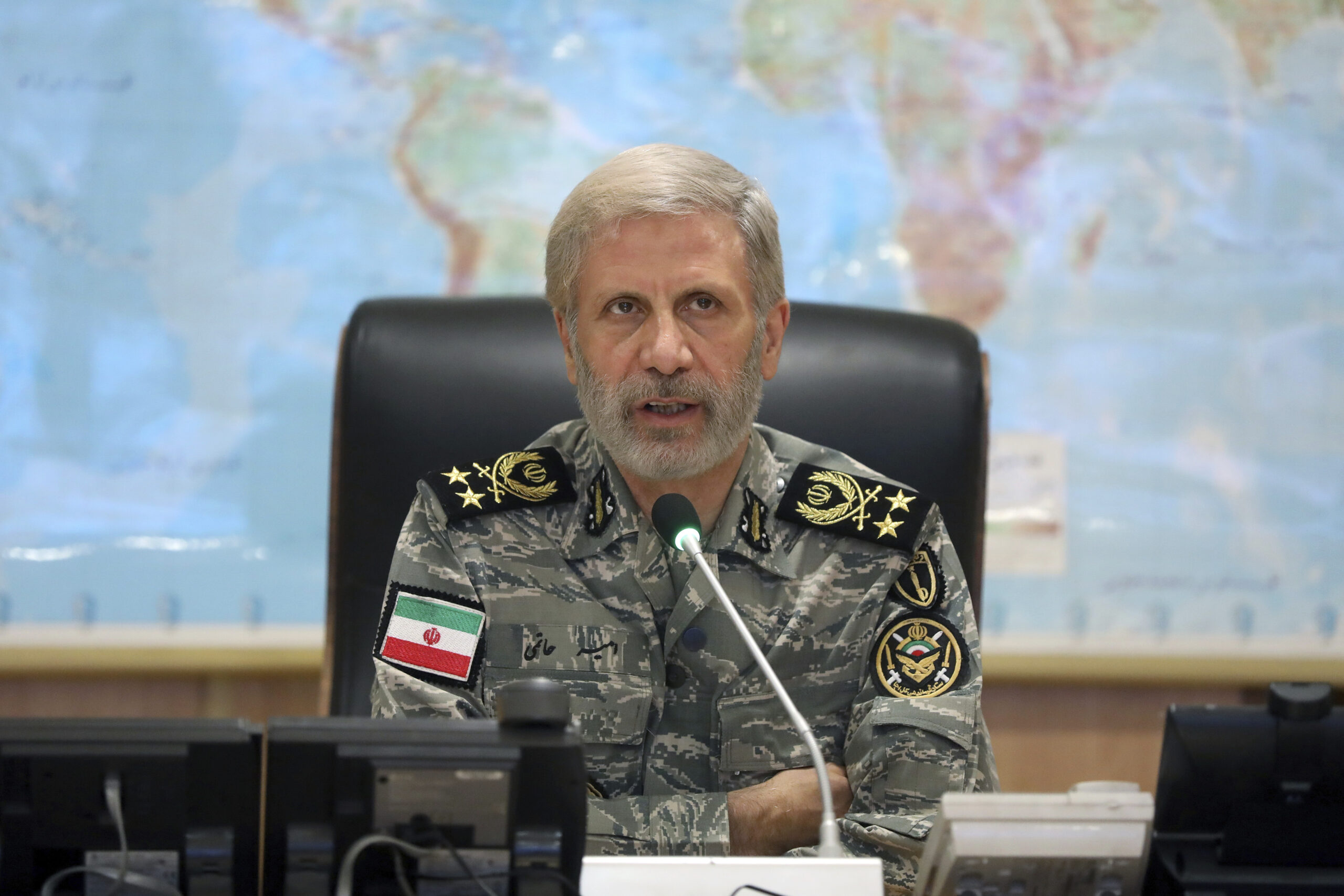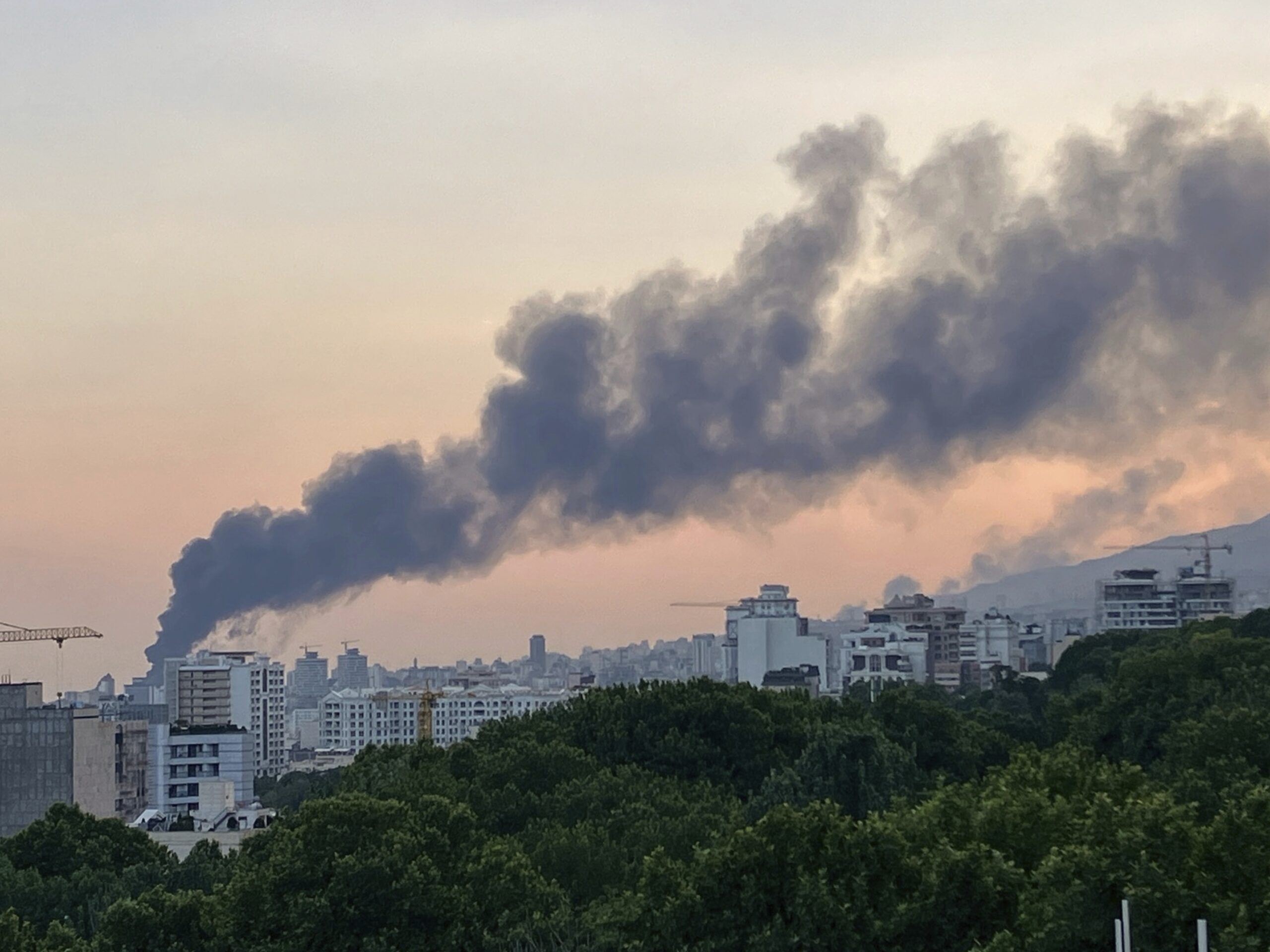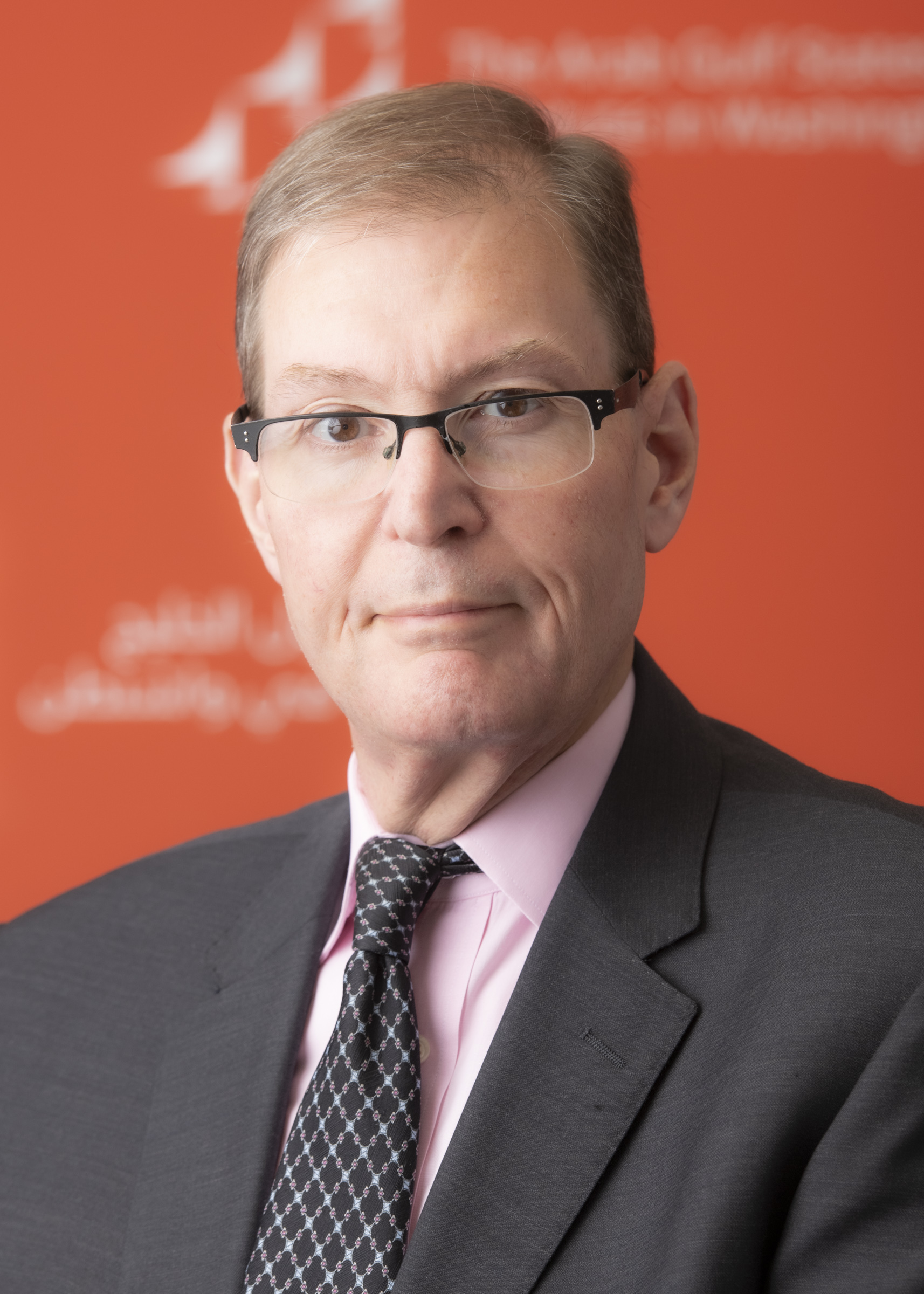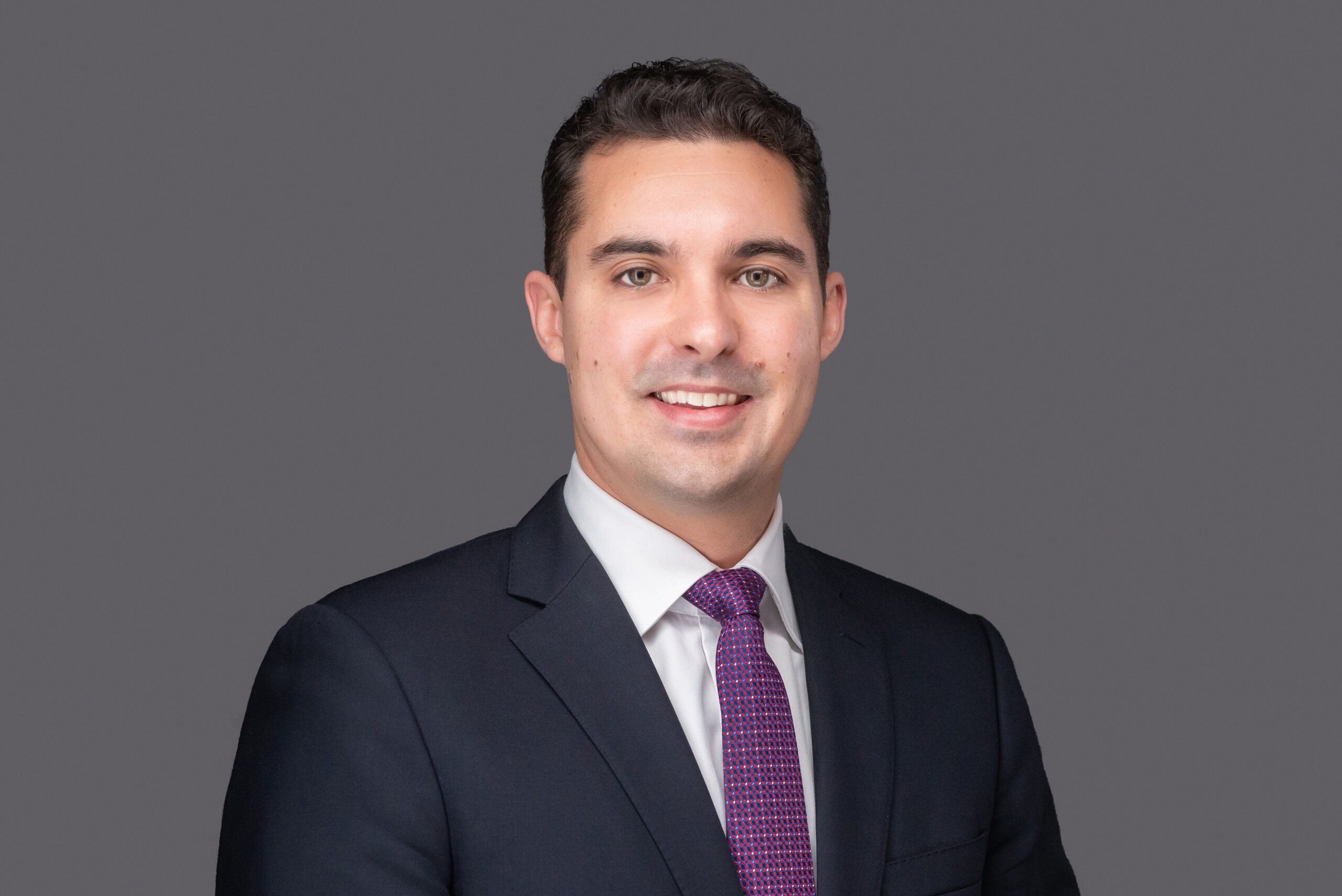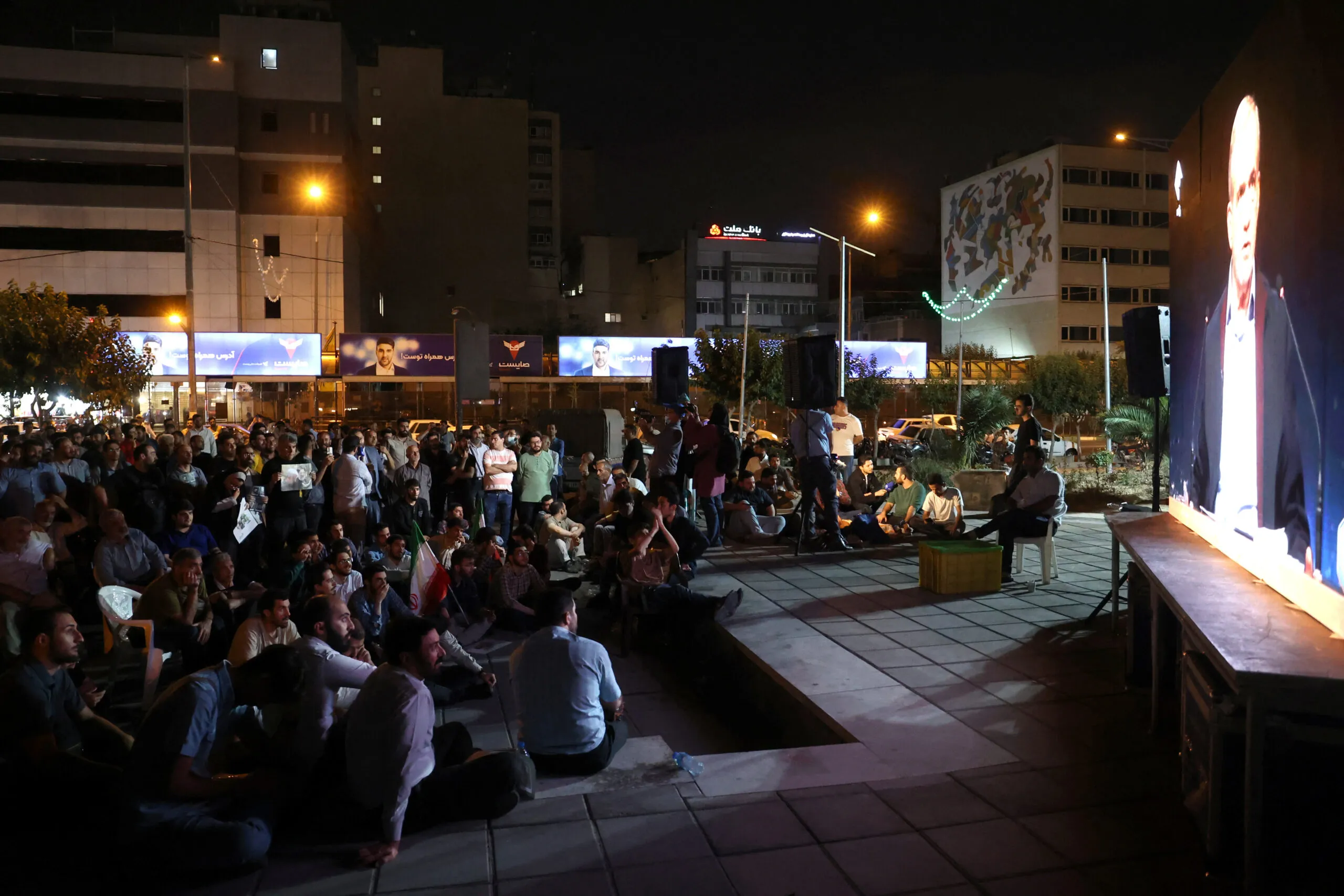Jul 19, 2022
Talks and Threats: Iran Reacts to Biden’s Middle East Trip
The July 19 Iran Media Review examines Iran’s countermeasures against the U.S. president’s trip to the Middle East.
As Iran’s first official reaction to President Joseph R. Biden Jr.’s Middle East trip, Kamal Kharazi, senior foreign policy advisor to Supreme Leader Ayatollah Ali Khamenei, appeared on Al Jazeera television with a mixed message of promise of talks, threat of retaliation, and the possibility of Iran pursuing nuclear weapons.
- July 17: Javan newspaper quoted Kharazi: “We welcome Saudi officials extending a hand of friendship toward Iran, and we are ready to engage in talks to establish normal relations with this country. Iran and Saudi Arabia are two important regional states, and solving the conflicts between these two states will transform the region … Any targeting of our security from neighboring countries will be met with direct response to these countries and the Zionist regime. We have conducted comprehensive war games targeting Israel in depth in case this regime attacks Iran’s sensitive facilities.” Turning to the United States, Khamenei’s advisor said: “The United States has not provided guarantees on preserving the nuclear deal, and this ruins the possibility of any agreement … In a few days we were able to enrich uranium up to 60%, and we can easily produce 90% enriched uranium … Iran has the technical means to produce a nuclear bomb, but there has been no decision by Iran to build one.”
Kharazi’s statements are indicative of Iran’s countermeasures against Biden’s Middle East trip: Offering talks and threatening Arab states concerned about the actions of the Islamic Republic, yet unwilling to fight Israel’s war with Iran; and threatening the United States with opting for the bomb, if the nuclear negotiations fail.
The United States and its Arab allies, along with Israel, perceive Iran’s nuclear program as a strategic threat, but as Biden’s Middle East trip has demonstrated, there is no shared vision among them for how to counter Iran: While Israel is trying to forge an anti-Iran alliance that is willing to use force, the United States and its Arab allies are opting for diplomacy. In this context, Kharazi’s veiled threat that Iran’s has “the technical means to produce a nuclear bomb” is likely to forge rather than split the anti-Iran alliance the Islamic Republic is trying hard to break.
AGSIW’s Iran Media Review monitors, translates, and reviews critical Persian-language media sources identifying important developments and trends in the Islamic Republic of Iran.
The views represented herein are the author's or speaker's own and do not necessarily reflect the views of AGSI, its staff, or its board of directors.

